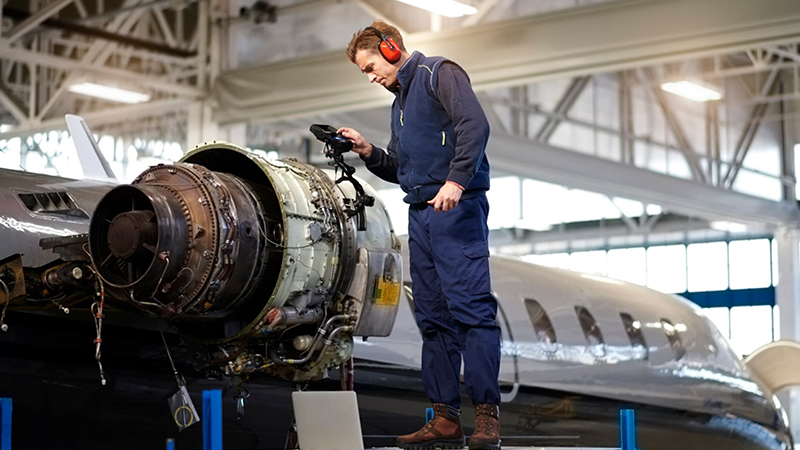

It’s no secret that any kind of engineering is complex and requires knowledge far outside the specific field of expertise. But this is perhaps most true for systems engineers, objectively one of the most interdisciplinary fields in the profession.
So, what do systems engineers actually do, and how might their role change in the future? Let’s take a look.
In short, a systems engineer designs, manages and integrates a system over its lifespan. This might sound like a vague definition, but this is because systems engineering is so wide-ranging that it’s difficult to be more specific. To help us dig further into it, let’s consider what we mean by a system.
A system, specifically in this context, a complex one, is a series of components or concepts that come together to form a whole. In aerospace, for example, a system could be an aircraft’s controls, which incorporate numerous complex parts and smaller systems to make the aircraft move.
As such, a systems engineer could manage people, designs, logistics and risks while implementing a system within a larger engineering project. By extension, this also means they’ll need to be able to work with other types of engineers, such as mechanical, electrical, manufacturing and production, safety, stress and design.
It’s a challenge to be more specific about the exact role a systems engineer could play, simply because there are so many factors involved in the job. However, this is perhaps a big part of the appeal for those who wish to become systems engineers: there’s such flexibility within this overarching job title that projects are always different.
Systems engineers play a vital role in the aerospace industry. After all, aircraft are incredibly complex and have myriad systems that all must work in sync to make the aircraft even take off. And as we move into sustainable and intelligent aircraft, that’ll be more important than ever.
Perhaps an interesting shift could come from the integration of AI into the design, manufacturing and operation of aircraft. While it’ll never truly replace human engineers, AI will necessitate systems that can help it do its job – something systems engineers will need to manage and design.
To a certain extent, systems engineering in traditional aircraft design will remain the same. However, the rollout of new fuel and engine types, novel modes of air transport, and new aircraft designs will all lead to new systems that must be integrated into existing models.
More than anything, though, the future of systems engineering will focus on managing complexity, integrating automation and smart technologies, and finding a place for near-future technologies in current thinking. Systems engineers are, after all, holistic thinkers, and this is a skill that’ll be incredibly in demand as the industry shifts.
KDC Resource has worked extensively with systems engineers to help them find their perfect roles in aerospace. One of the main draws of this field is its flexibility, and we know how to work with engineers to find them a position that’ll play to their strengths.
If you’d like to learn more about how we can help, give us a call or submit your CV using the form below to see what we can do.
